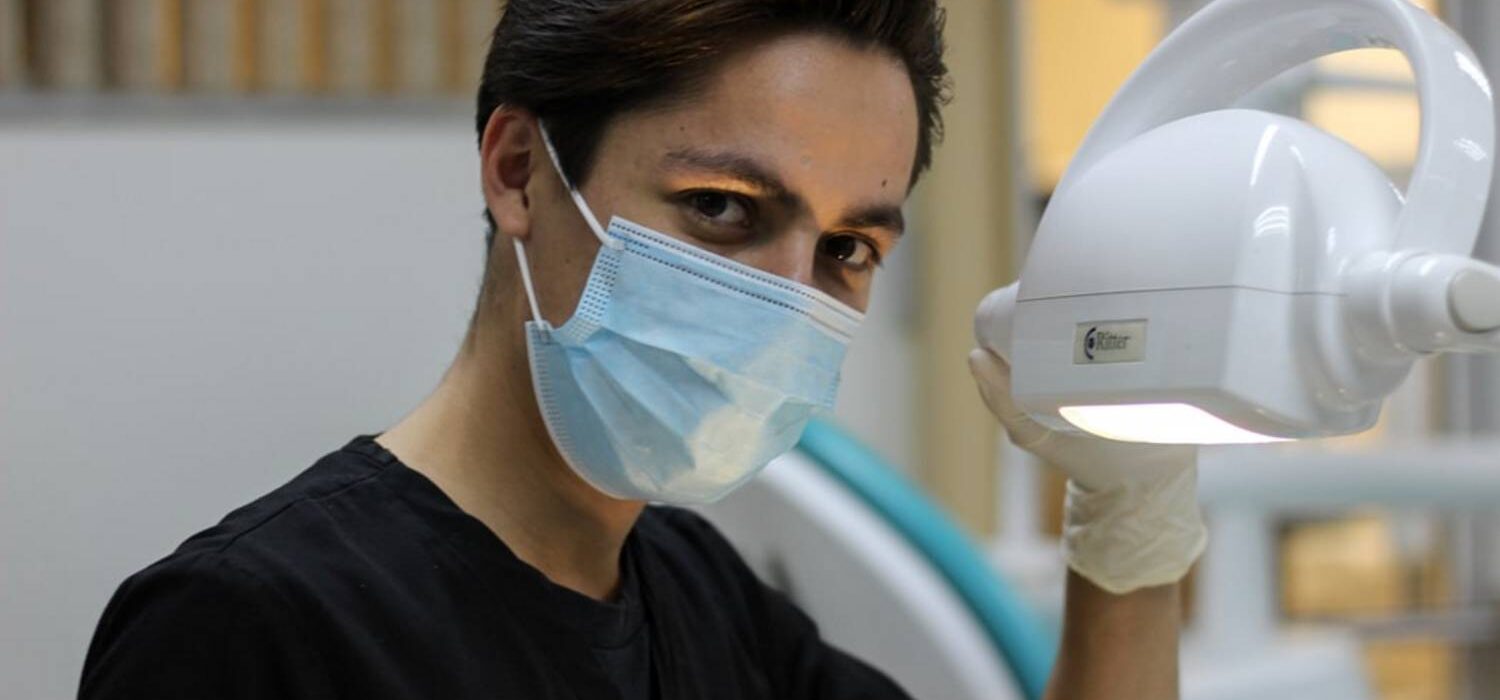What is conservative dentistry? Dentistry is one of the many branches of medicine. Her tasks include, among others, the diagnosis and possible treatment of diseases that affect the teeth, but also the oral cavity and periodontium. Dental disease affects people of all ages, so it is important to visit your dentist regularly for check-ups and to locate lesions quickly.
Regular inspection of the teeth by a specialist allows you to maintain a healthy, beautiful smile, which is the dream of many people. Prevention is one of the factors that allows you to avoid the development of caries, which leads to the need to start treatment with various dental techniques. One of the types of services offered by dental offices is conservative dentistry. What treatments does it include? How does conservative dentistry help patients care for healthy teeth?
- https://www.apbreloaded.com.pl/jakie-sa-ubezpieczenia-dla-firmy/
- https://www.parta.com.pl/ile-kosztuje-postawienie-rusztowania/
- https://www.grajpek.com.pl/marketing-na-facebooku/
What is conservative dentistry?
Conservative dentistry, often otherwise known as general dentistry, covers all procedures related to the prevention of caries, proper oral hygiene and filling cavities that appear on the teeth. A dentist who specializes in conservative dentistry shows how to properly clean your teeth using various instruments, such as dental floss, a properly selected toothbrush or paste.
Proper brushing of teeth, gums and tongue is one of the elements that help to effectively protect yourself from often expensive dental treatment.
Using conservative dentistry treatments is one of the key factors that allow you to properly care for your teeth and support their resistance to factors that lead to the multiplication of bacteria in the oral cavity.
- rolety-wroclaw.com.pl
- adamgrabowski.guru
- skleppodologiczny.com.pl/kategoria-produktu/wyposazenie/myjki-ultradzwiekowe/
Appropriate care and regular visits to the dentist improve their structure and hardness, and also lead to the maintenance of the correct structure of the gums. Their proper care does not lead to the development of inflammation and hypersensitivity to heat and cold. It is worth knowing that untreated dental diseases lead to the spread of inflammation and bacteria, which can lead to pathological changes in the body.
Treatments in the field of conservative dentistry
General dentistry covers both the prophylaxis of the oral cavity and the treatment of cavities caused by caries – both minor changes and complex procedures that include root canal treatment. The aim of prophylaxis and treatments that can be offered by dental offices is to avoid the development of caries, thanks to the regular removal of tartar and deposits that prevent effective tooth brushing.
Thanks to regular check-ups, you can avoid expensive treatment and even severe toothache.
What treatments and activities are performed in the field of conservative dentistry?
-
-
-
-
- control examinations of the entire mouth and teeth,
- instruction that helps to properly care for oral hygiene,
- removal and treatment of gingivitis, the symptom of which is severe hypersensitivity and bleeding,
- teeth cleaning with special devices to remove plaque and tartar,
- sandblasting teeth,
- tooth scaling,
- teeth polishing,
- varnishing and polishing teeth in children.
-
-
-
What conservative dentistry procedures are performed to eliminate cavities and treat teeth?
-
-
-
-
- treatment and removal of tooth decay,
- filling cavities formed on the teeth with specialized substances,
- leveling cavities in permanent teeth that arose as a result of an accident or injury,
- reconstruction of the tooth after treatment, i.e. putting on the so-called crown,
- carrying out complex endodontic treatment, i.e. root canal treatment,
- oral and dental hygiene.
-
-
-
Conservative dentistry for children
Conservative dentistry with its treatments also includes the care and prevention of milk and permanent teeth in children. This particular branch of dentistry is called pedodontics. The work on maintaining the proper condition of children’s teeth was separated due to the significant difference in children’s dentition. Babies also require a different approach and treatment than adults, due to their greater sensitivity and fear before the visit.





